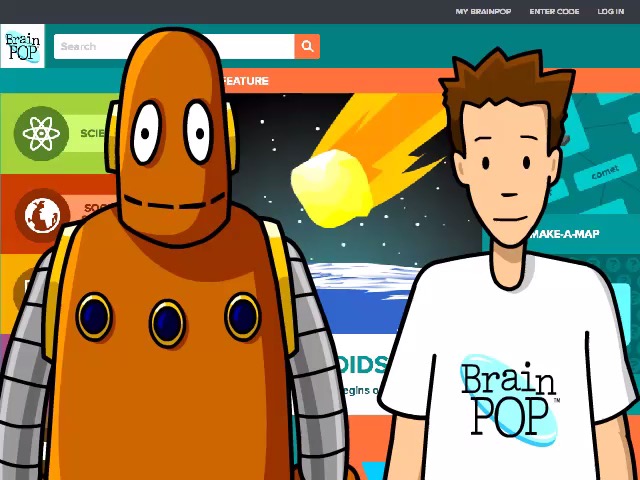Remember the days when you took off on your bike, your mom yelling out the back door: “Where are you going?” “What will you be doing?” “Who will you be with?”
They always wanted to know that we were being safe and making good decisions...and, I’m guessing that most of us sometimes were safe and also sometimes made questionable decisions, but because our parents asked, we were thinking about it.
It can be scary raising, coaching, and teaching the next generation from across the digital divide, but parents still ask these questions: “Where are you going?” “Who will you be with?” “What will you be doing?” Except now we add “online” to the end of each.
We know that every one of our students might not always make the best choices, but providing them a safe environment in which to learn is one of our biggest responsibilities whether it is online or offline education we’re talking about. With this in mind, BPS is working hard to help our students have positive answers to those questions.
This fall, the Library Media Department committed to a substantial goal of becoming a Common Sense Media district. This quest required library media specialists and classroom teachers to collaborate to offer consistent and timely lessons on digital citizenship: cyberbullying awareness, privacy and security, and creative credit.
At the elementary level, students compared different forms of cyberbullying and identified ways to be an upstander when cyberbullying occurs. Elementary students began to learn about privacy on the internet which included defining personal information and understanding why personal information should never be shared online without parental permission.
Academic integrity begins in elementary school where teachers and library media specialists taught about giving credit where credit is due through lessons on copyright, plagiarism, and creative commons. Library Media Specialists have found fun and engaging ways to teach this content. From online quests through Digital Passport from Common Sense Media, to interactive videos and activities on BrainPop, students interacted with digital citizenship content across the grades.
At the middle school level, library media specialists focused on appropriate online interactions. Students tracked their online media use in order to understand how their digital footprint can be seen by a large, invisible audience. Students gained an understanding of how their digital lives can paint an incomplete picture of themselves that can affect how others view them.
All high school students are required to take an online learning module each year of their high school career. Students take four courses throughout their high school years covering topics such as digital media use and copyright, cyberbullying awareness, digital footprint, news literacy, local support resources, and the district Responsible Use Policy.
Bismarck Public Schools collaborated with the Bismarck Police Youth Bureau to hold a parent night discussing trends in social media and their effect on our students. Hundreds of community parents attended one of the three sessions held this fall. You can check out a parent handout here. Additional parent outreach occurred during parent teacher conferences and school open houses.
The online world offers an abundant playground to learn and explore but all students need to learn to navigate this world safely and ethically. Through our Common Sense Media district certification, we are guaranteeing that our students and families have the most current and up-to-date knowledge on the ins and outs of digital life. Sharing these resources with students and families can help everyone feel more comfortable when answering the questions that all parents should be asking about online usage: “Where are you going?” “Who will you be with?” “What will you be doing?”
Twitter Questions:
1. How can we make learning about digital etiquette more relevant to our students?
2. How can we ensure that we as educators and parents stay up to date on the current trends and issues surrounding our digital/online life?
3. What are some innovative ways to teach the bountiful, creative opportunities available online while ensuring safety and appropriate use?
4. Describe a digital etiquette based activity (cyberbullying, privacy, oversharing, etc) that worked well for you this school year.
5. What new trends are you seeing in your students in regard to digital and online social activities?



No comments:
Post a Comment